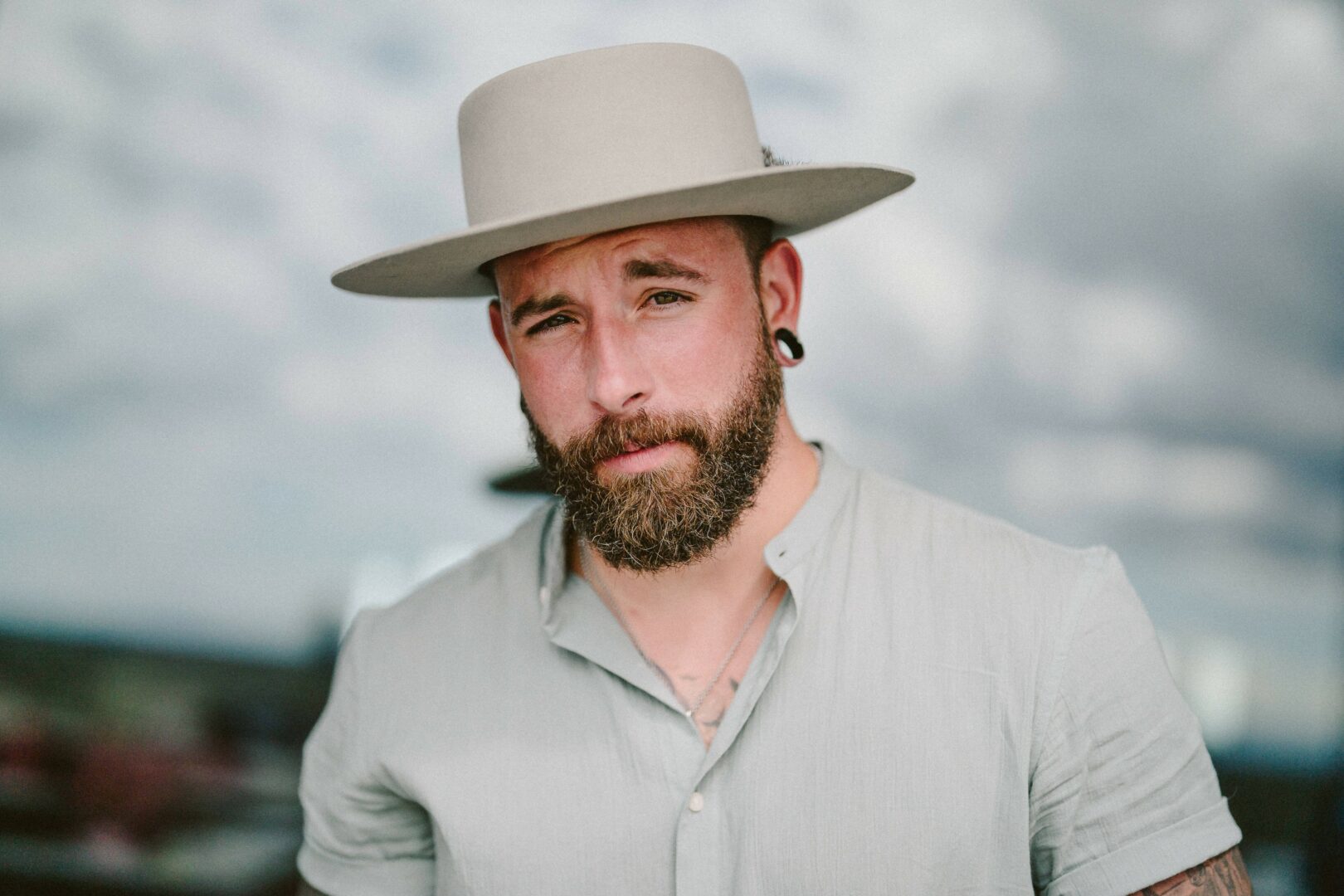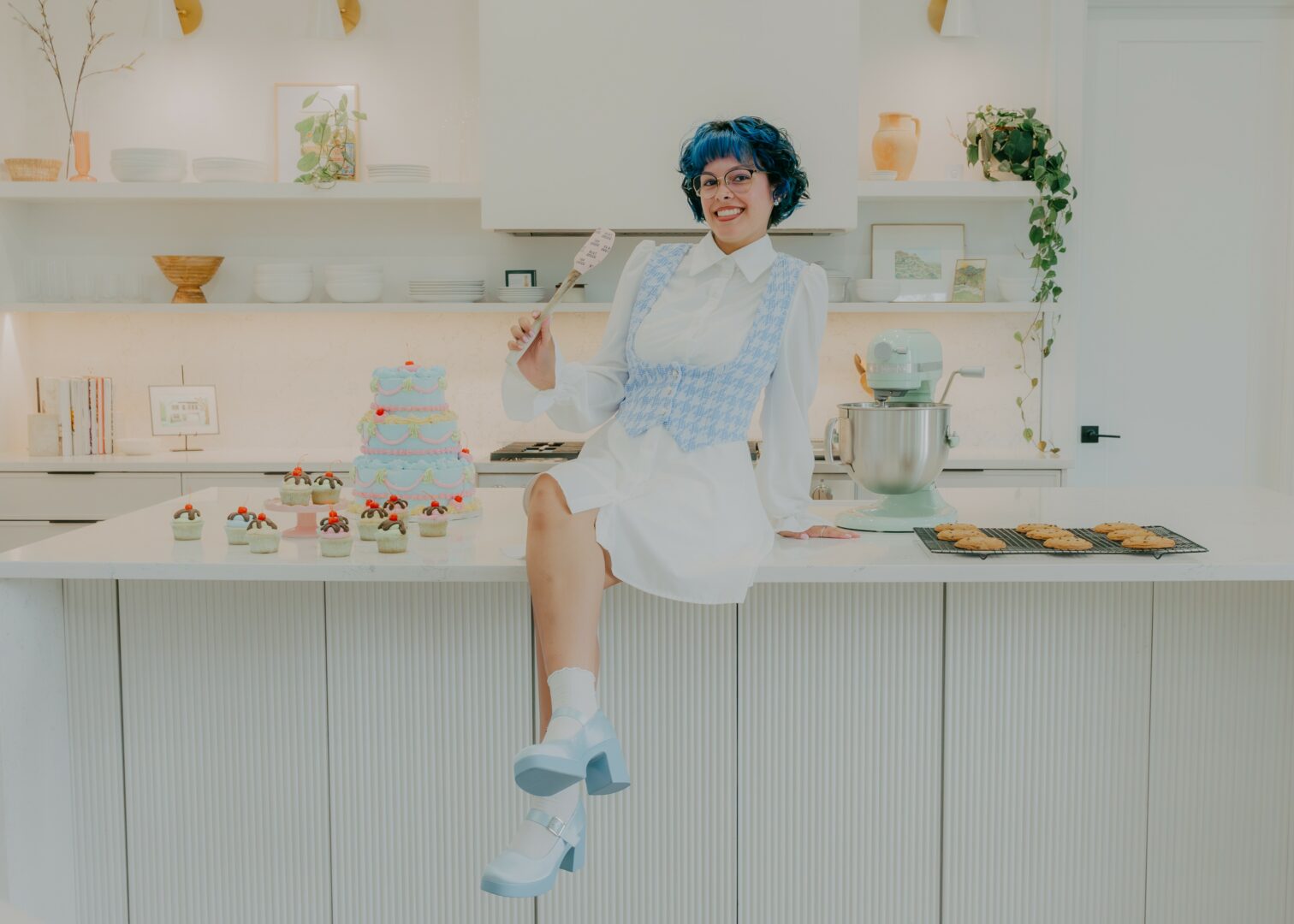Learning from one another is what BoldJourney is all about. Below, we’ve shared stories and insights from phenomenal artists, creatives and entrepreneurs who’ve successfully managed to overcome imposter syndrome.
Josiah Bruny
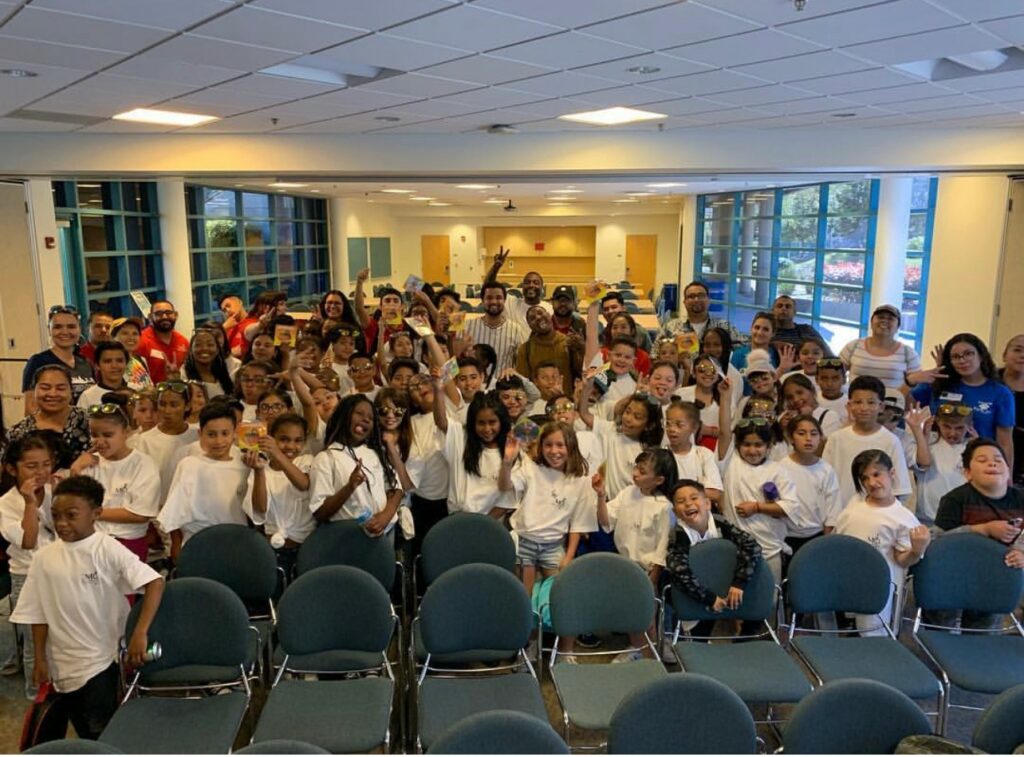
Overcoming imposter syndrome wasn’t an overnight journey for me; it took time, patience, and a lot of self-reflection. Early on, I often felt like I wasn’t supposed to be in the spaces I found myself in, whether it was in the boardroom or at the front lines of community work. I questioned whether I truly deserved to be there or if my accomplishments were just a series of lucky breaks. Read more>>
Michelle Curran
7 years in as a professional Artist and I’m not entirely sure I’ve overcome it…yet.
Imposter syndrome is something every Artist faces, but I find that acknowledging it is the first step. I remind myself that it’s a normal part of the creative process.
Engaging with my supportive community, setting realistic goals, and focusing on my growth rather than comparison helps. I also try to celebrate small achievements, which reinforces my confidence in what I do. Read more>>
Kenia Contreras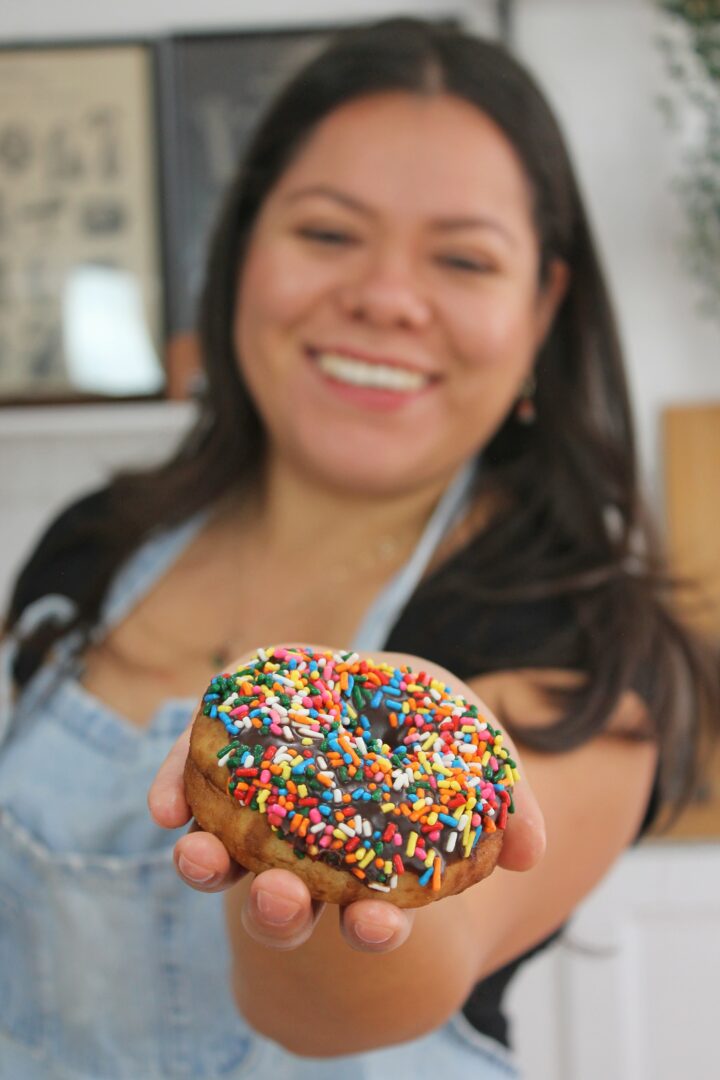
Even with fear, do it!
Imposter syndrome is an uninvited guest that comes to the party and starts questioning everything I do and looking for the perfection. It comes from a lovely place where wants me to do it better and improve my skills so, knowing that, when all this questions and thoughts are around I just take a moment to look around for the facts of why I am doing it, perfectionism doesn’t exist and trying to look for it will make me lose a lot of time that I can use in something positive. What is the worst that can happen if you do it? If the result is not what you were looking for, then you will learn for the experience, fix what you have to and try again ! Read more>>
Keisha Zollar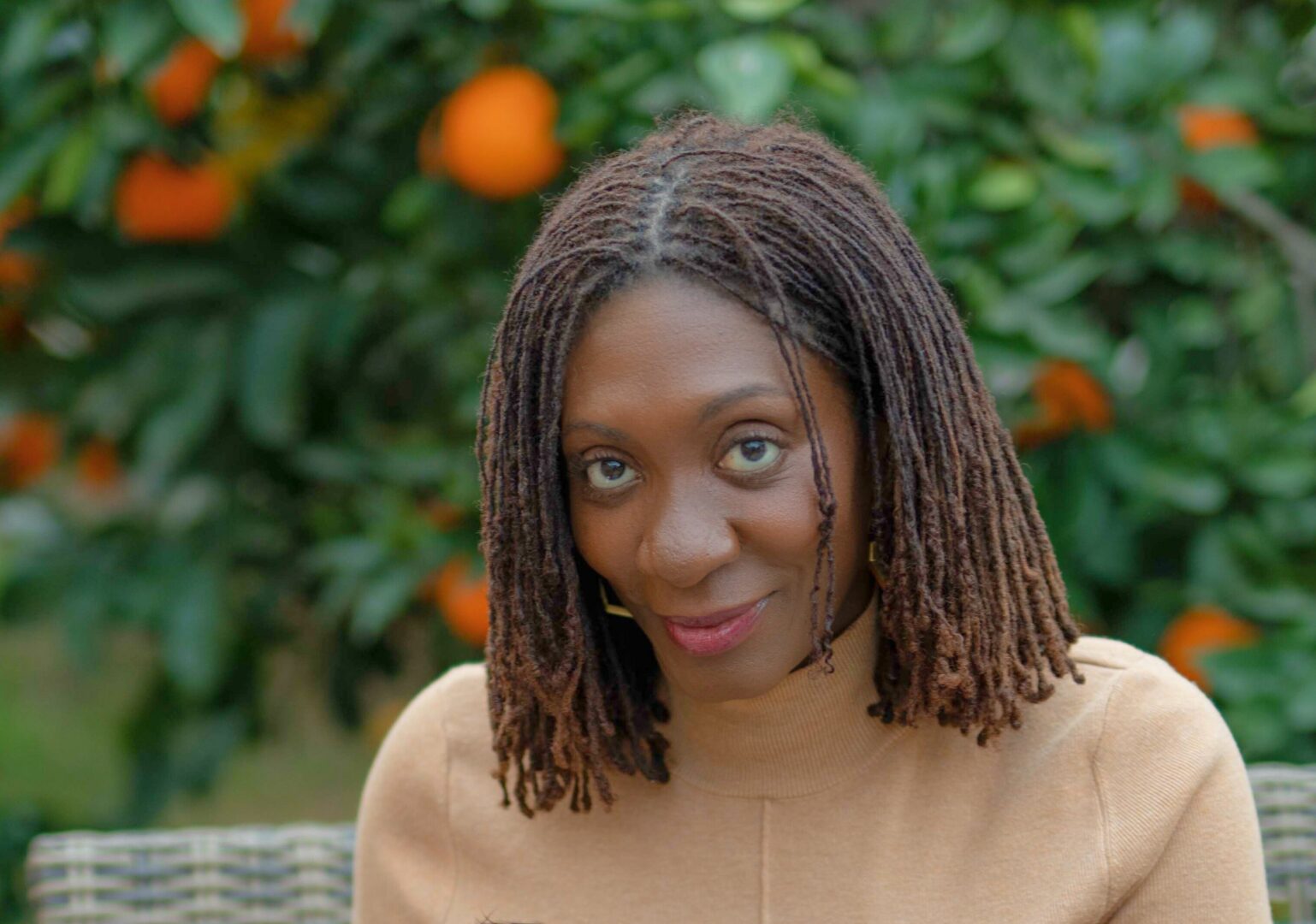
Anxiety around personal worthiness is often my trigger for imposter syndrome. Instead of running away from the intense feelings of inadequacy, fear of humiliation, and the grief of opportunity lost–I pause and question…Why I am feeling this? Read more>>
Maisie Ruttan
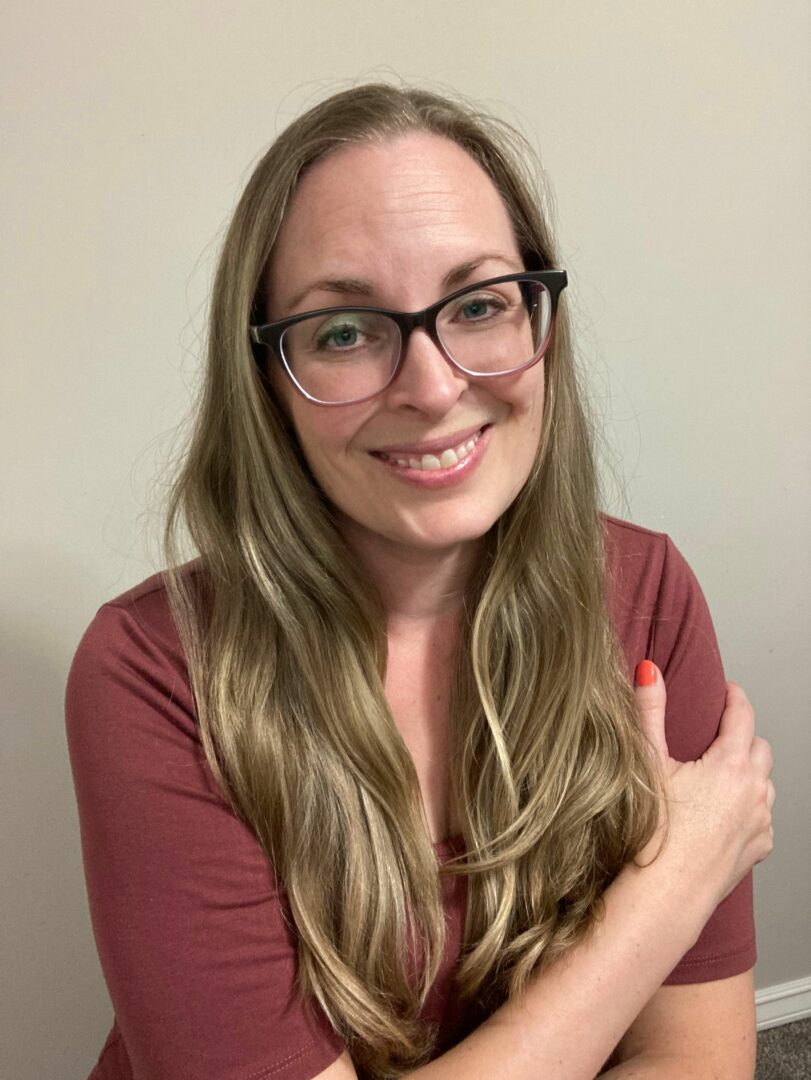
Starting a business as a solo entrepreneur is like riding a massive roller coaster of emotions. You put in so much effort to get yourself all set up; getting certified, obtaining a business license, building a website etc. There can be so much excitement and hope for the future, but that final step, of actually marketing your services, that’s the hardest part. Or at least, it was for me. Read more>>
Jiggly Senpai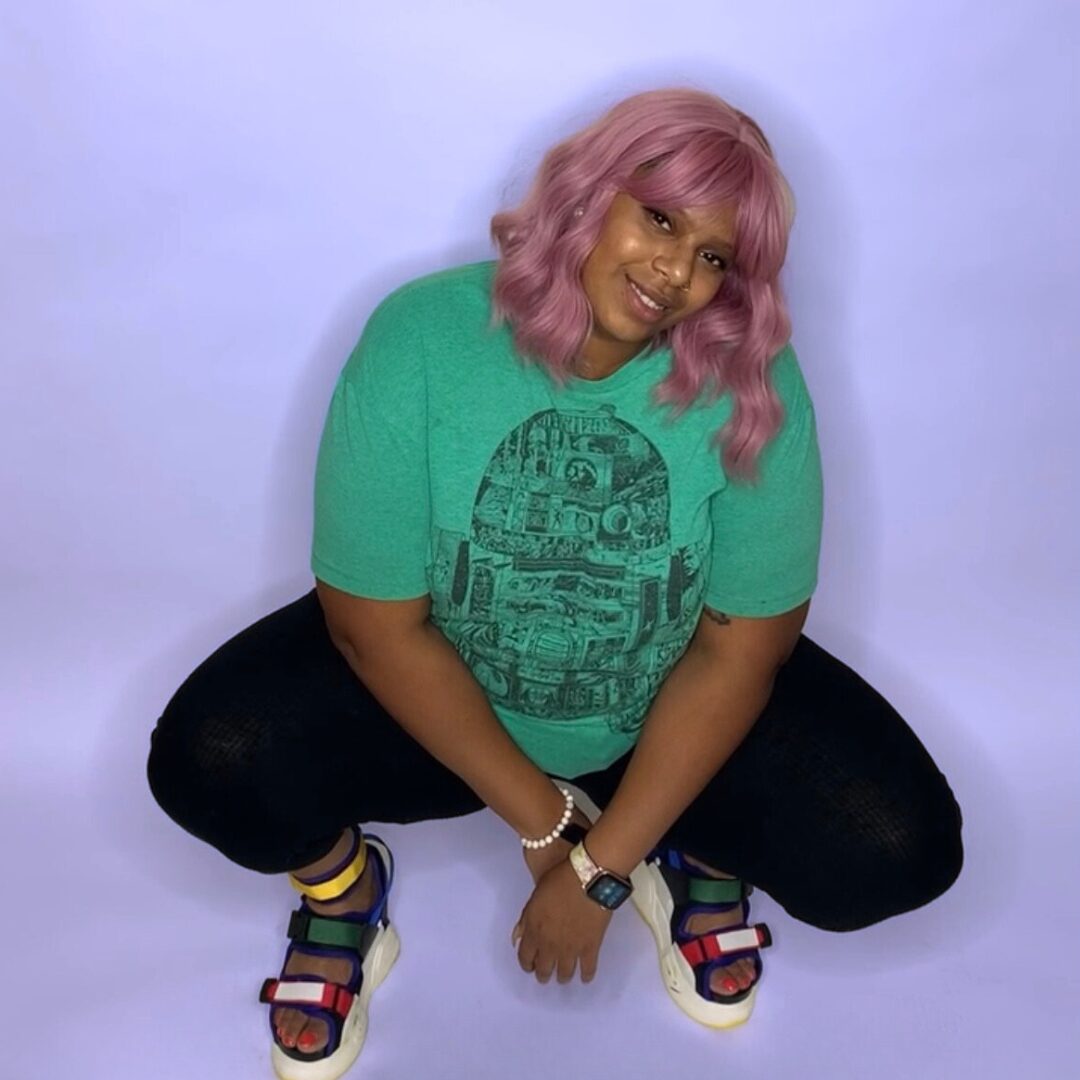
Overcoming imposter syndrome feels more like an ongoing battle than a permanent victory. Right now, I’m winning more than I’m losing, and a big part of that is my tribe—people who believe in me when my own confidence falters, who challenge me to grow and support me through my missteps. I’ve also learned to recognize and celebrate my own accomplishments, understanding that I’ve earned every part of where I am and every step ahead. Read more>>
D Shawn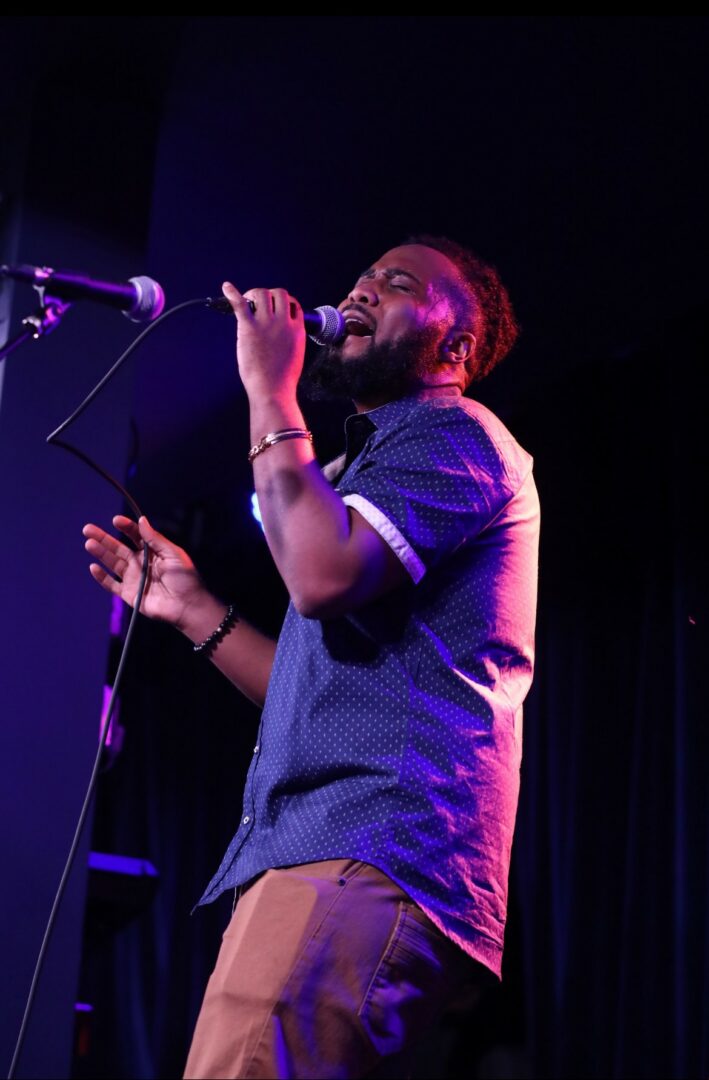
By focusing on being myself, not comparing my life and journey to others. I think when people compare themselves to other people that leaves you suspect to doing something that’s not really who you are. Read more>>
Perrin White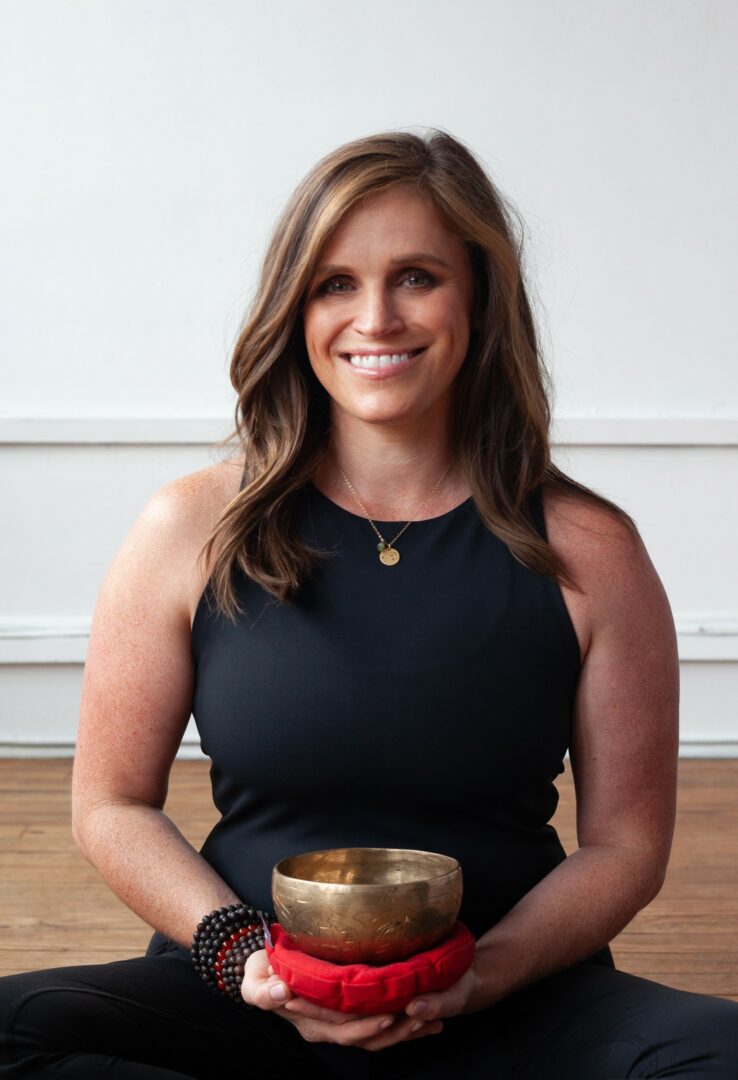
It took me 40 years to embody the concept “I am the expert of my experience.” And my expert experience is one that requires no degrees, education, or program completion to own. It simply requires my presence, observation, and authenticity. Read more>>
Elizabeth Bonds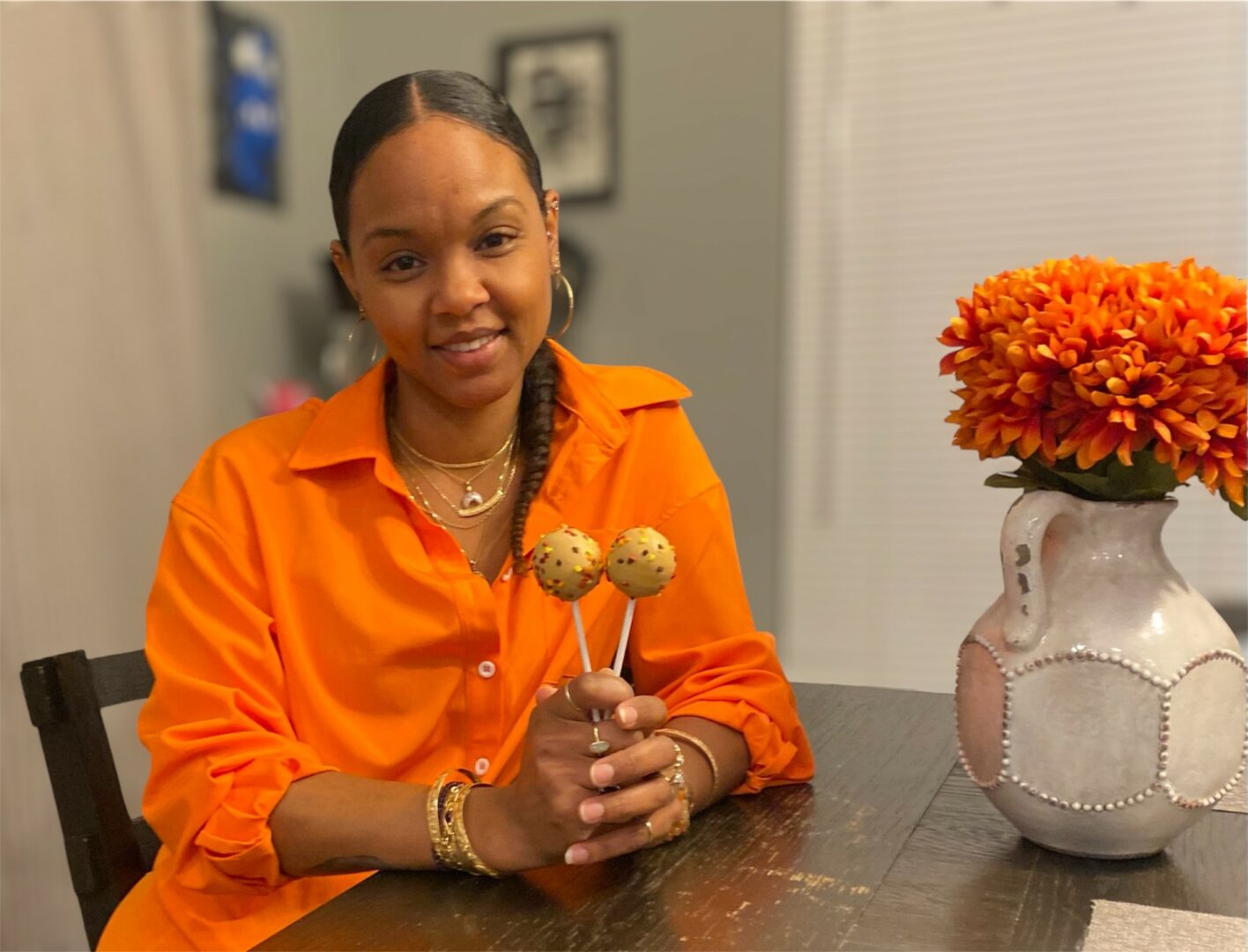
Feeling like I was not good enough to stand amongst my fellow bakers in the cake business was something that held me back from starting my business for quite a while. Everyone has to start somewhere, but no matter how much I planned and worked towards what I wanted, I could not answer one question: Why would anyone want to buy my cakes when they can get beautiful and delicioius cakes from anywhere else? There are so many talented bakers and artisans – just Google the word “cake”, and you will find cakes, cookies, and other baked treats that are unbelievably amazing. Many of these bakers – home bakers, even – are right here in my zip code. Read more>>
Theo Hansen
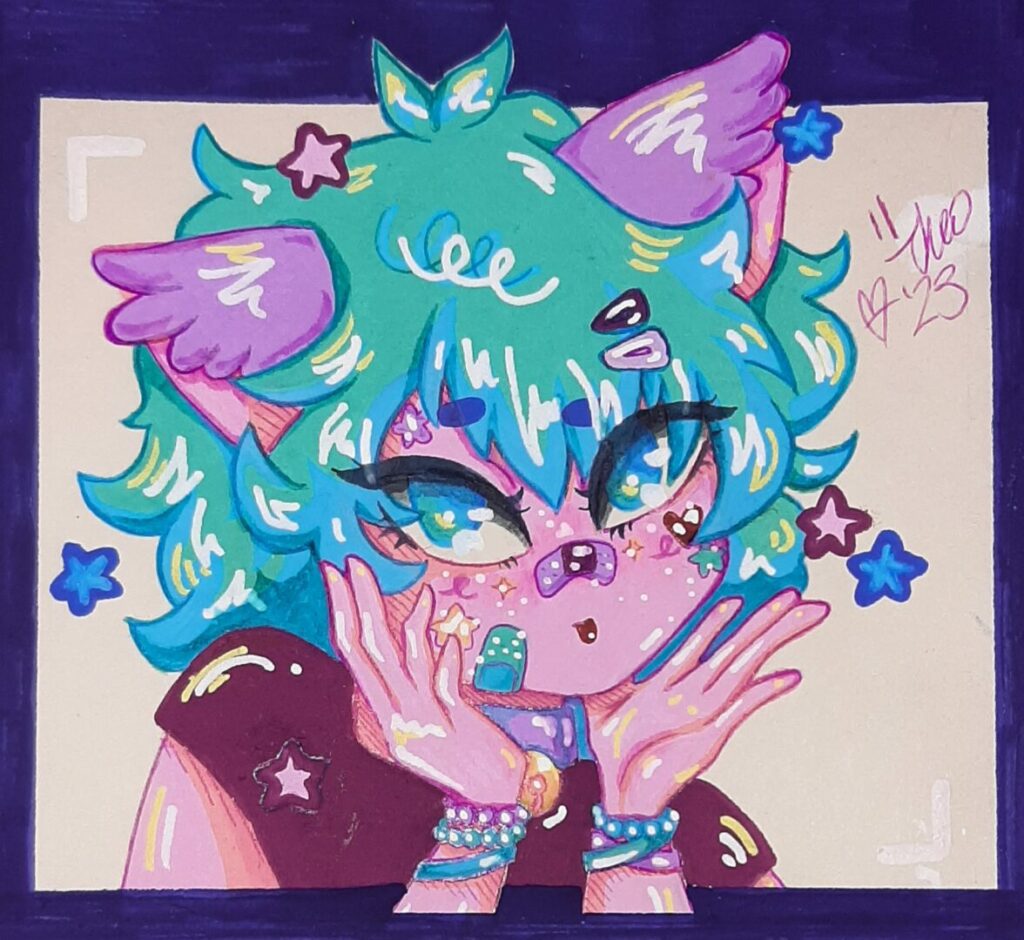
I haven’t. I definitely still doubt myself and my abilities, whether I’m by myself or walking through the artist alley. I don’t feel as though that doubt hinders me though. Art comes from both positive and negative emotions. So, being able to take that doubt and use it as motivation and inspiration to keep going, but to maybe also try new mediums, techniques, etc, too. Read more>>
Karl Hudson
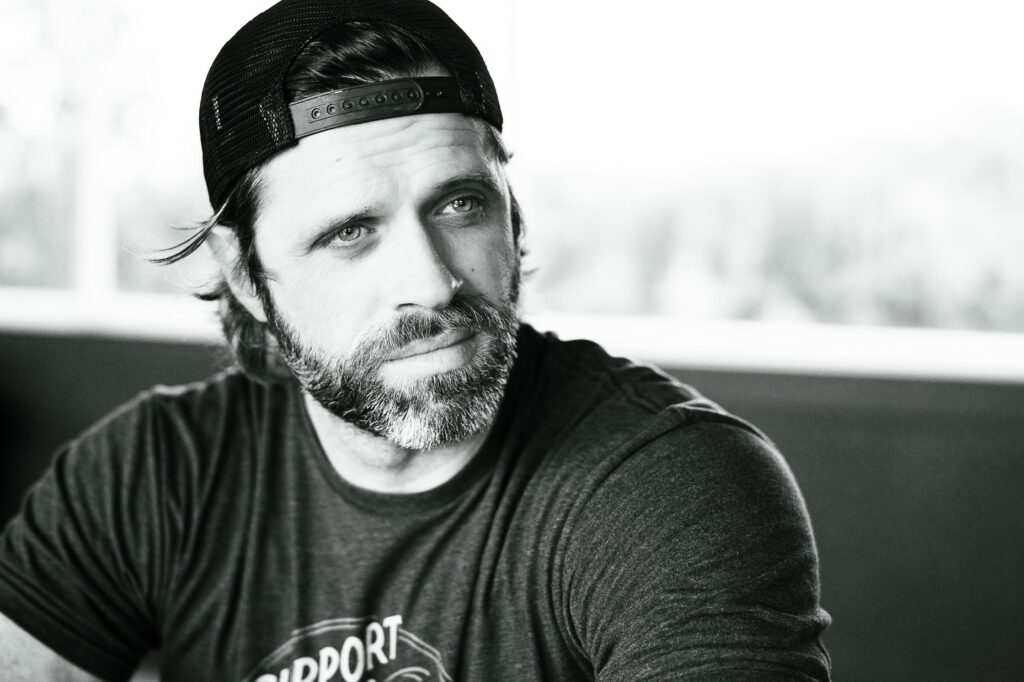
Overcoming imposter syndrome wasn’t something I could avoid, and in a way, that’s exactly what helped me push through it. Like so many others who face doubt and uncertainty, I had to make a choice: either stay in my comfort zone or take a leap into the unknown. I chose to leap. Read more>>
Grayce Holloway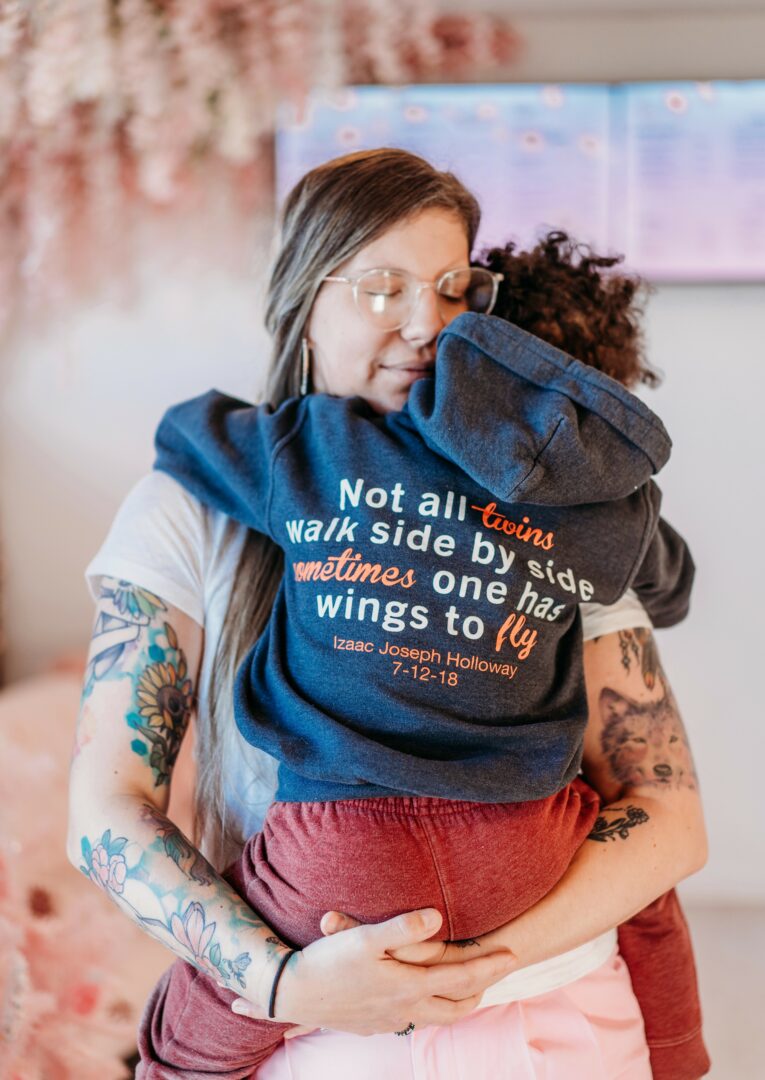
Imposter syndrome is probably one of the most difficult things to overcome as a young small business owner. As a mom of 6 in her mid-twenties, I did not expect to “be the boss.” All I did was put one foot in front of the other. First, I was baking in my home kitchen. Then, I decided to post my creations online. Then, I started getting orders. Before I knew it, I had a restaurant of my own with a full breakfast and lunch menu, a thriving custom order and catering team, and a staff of over 10 people. It can be overwhelming knowing that everything comes down to me, but also empowering! I love my team, and I don’t feel like “the boss.” We all work together and play to our strengths. Overall, I think my biggest tip to overcome imposter syndrome is that if you truly see the best in all of your team, love them, pour into them, and believe in them – INCLUDING YOURSELF – then you can never truly say you didn’t make it or that you don’t deserve it. Read more>>
Milo Fox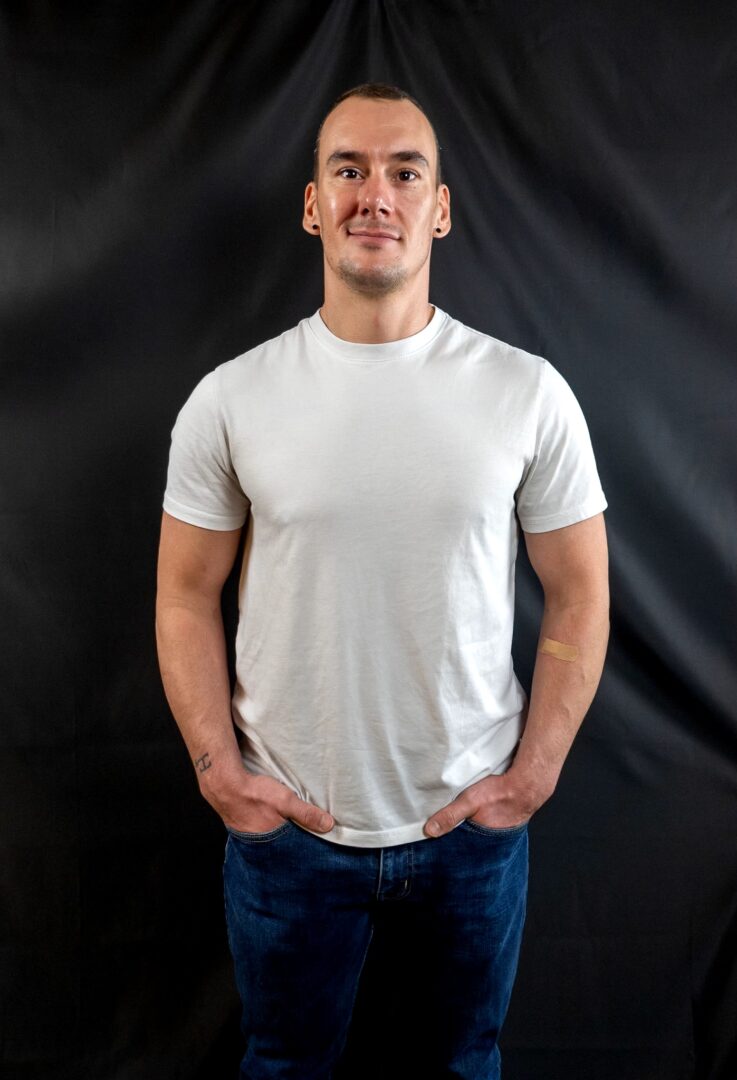
Imposter syndrome is something every trainer is warned about. The environment is filled with people who have more knowledge and experience and showcase their talents more forward than I do. I have to stop listening to myself and listen to my clients and the people around me. I don’t know that I will ever fully get over this feeling because I can always be better and obtain more knowledge. However, the response I am receiving is positive, and the results that I am getting are consistent, so I can tell myself that I deserve to be doing this and at the end of the day, it is all about my clients. So I continue to strive to get better at everything I do for them. Read more>>
Magnaem Ambata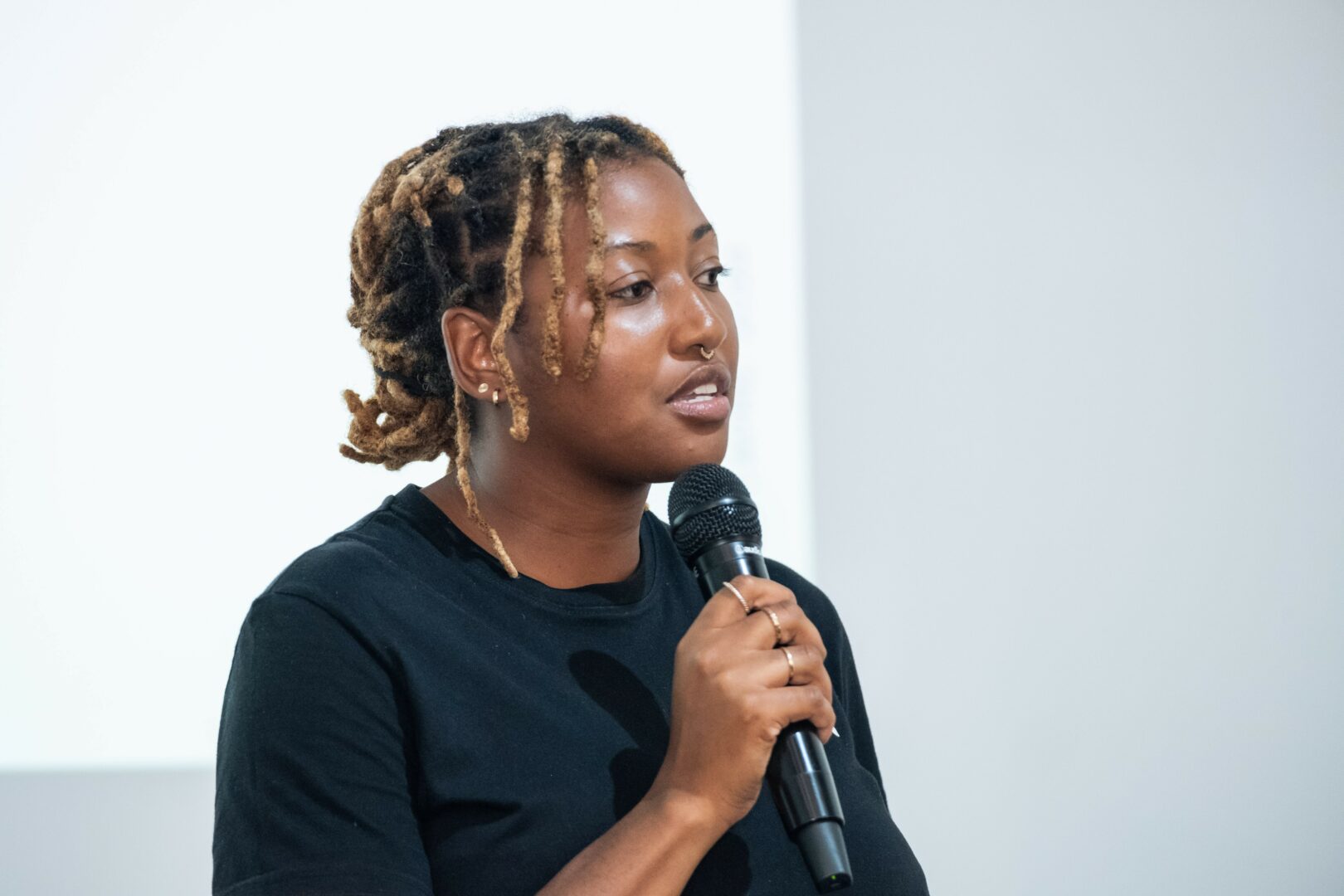
I think imposter syndrome is something many developers experience, especially when you’re self-taught and trying to carve your path. For me, I would say it all started when I decided to become a low-code developer. Having no formal training made it easy to feel like I didn’t belong among other developers with more traditional backgrounds. Read more>>
Dion King
I haven’t. I’m still shifty in that area honestly. It is a conscious effort every single day to remind myself that I am a professional DJ, Rapper and Producer. I have been paid for all three acts at some point in my life but I still don’t feel like it. However, I know one day I will. Read more>>
Luna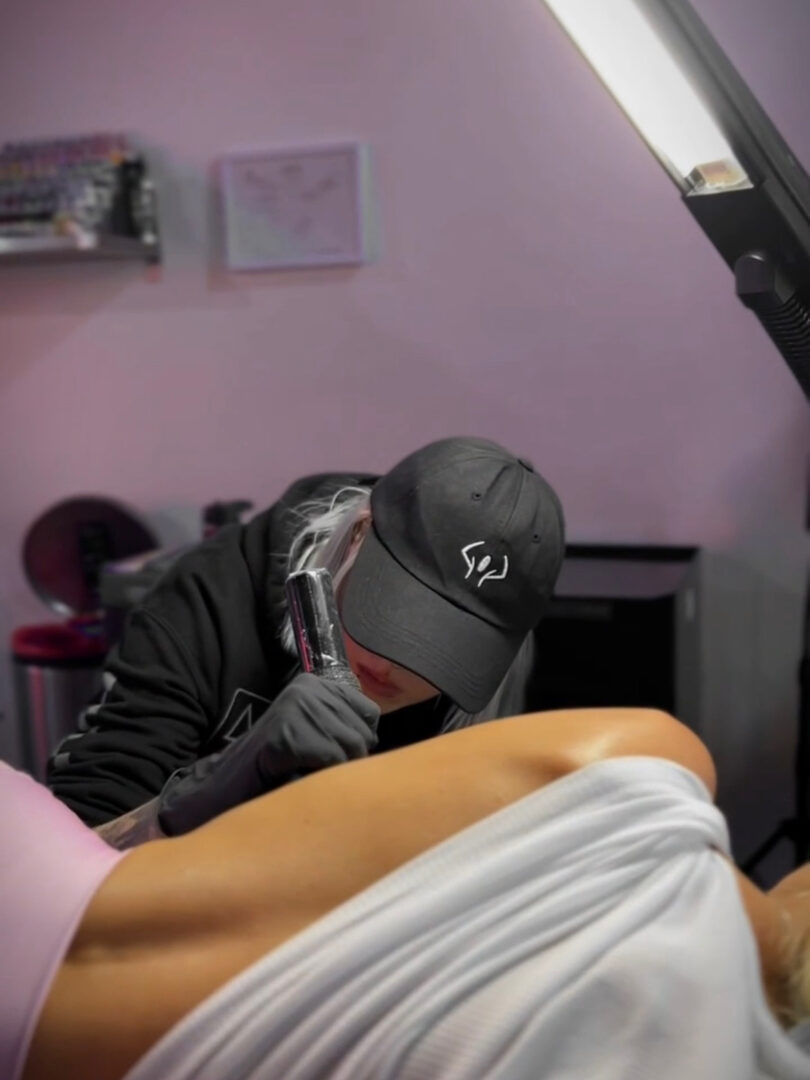
Imposter syndrome is very common for artists. And a lot of people in tattoo industry have it. It’s very hard to overcome and start believing in yourself. But every time when I see how happy my clients are with their new tattoo and how they love my art, it makes me the happiest person in the world and I forgetting about any doubts. Read more>>
Jacqueline Bermudez
I believe that imposter syndrome is not something I will ever fully overcome. As an artist, it is something I have learn to embrace and work on quieting down those pervasive negative thoughts. The beautiful part of being an artist is that I get to make the rules as I go. The deeper I go into my work, the more I discover parts of myself. This beautiful form of expression gives me strength as I learn to ignore that ever present voice that tries to convince me that I am not good enough. The healing is always found in the artistic practice and the key is to trust what brings me joy as opposed to what brings me anxiety. Read more>>
Beth Barrett

Imposter syndrome… that is a hard one, since I think that many people feel like they shouldn’t be where they are, or why should anyone listen to all the things that come out of our heads. Living with that constant dichotomy of “knowing” that the work you are doing is important, and that you are objectively good at it, but “feeling” like someone could do it better actually drives me toward being constantly open to new ideas, and willing to listen to other options. Read more>>
Lily Guo
Before starting grad school, I struggled with imposter syndrome. I used to feel like I didn’t know enough, and it seemed like everyone around me was far more experienced. However, I overcame this feeling when I realized that many others were in the same boat — most of us were figuring things out as we went along. Read more>>
Jason Court

Well, it’s not necessarily a negative connotation with “Imposter Syndrome”, as my original and previous profession was in fact “impersonating” characters written to script. SO, as an actor, it wasn’t that I was necessarily struggling or suffering from it, but in fact was auditioning and looking to be an imposter of sorts. At least thats the way Ive looked at it when approached with this question. Read more>>
Crystal Mcmullen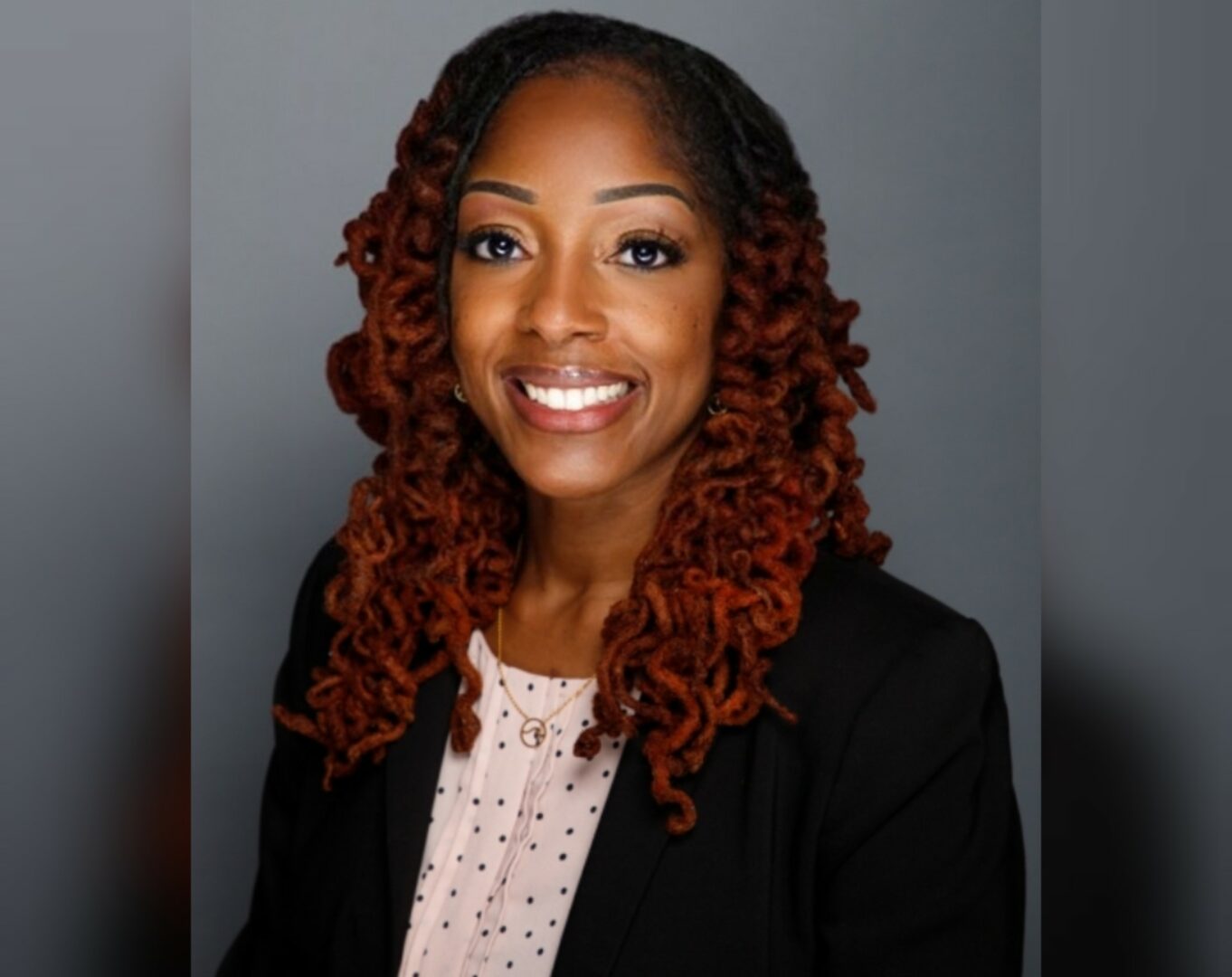
Getting things done is my superpower! Even in elementary school, I was planning and executing projects like a seasoned adult. Throughout my career, no matter what role I’ve had, I’m the one who keeps things moving. So, when I became a project manager, I thought, “No problem, I’ve got this.” But then the imposter syndrome hit. I started doubting myself and feeling like I wasn’t good enough. I felt like everyone was watching me, waiting for me to fail. I’d get so nervous during meetings that I’d start sweating. I can’t tell you the number of times I’ve left a meeting sporting huge sweat stains! Read more>>
Rj Gottlieb
From a young age, I aspired to become a race car driver. Many racers boast about their ability to drive fast, but only a handful truly possess the skill. This leads to a prevalence of imposters in the world of high-speed driving. I discovered that imposters are quickly revealed in racing, though; your performance is measured by your time, and the results speak for themselves. Pretending to be something you are not in racing only highlights your shortcomings when you fail to win. Conversely, if you do win, it proves you are not an imposter at all. As the driver of the world’s fastest 1969 Camaro, I have amassed a collection of accomplishments that I know demonstrate my capabilities as a skilled racer. Read more>>
Katerina Leva
Imposter syndrome basically means one of two things: you are either a great specialist in your field or the worst specialist in the field. And the solution for both versions is to learn more while faking it. In 2020, I opened my first successful business. It all started with a single online course on a topic I was barely qualified to talk about. I have just finished a single 3-day course on the subject (psychological profiling), so I was nowhere near being an expert, but I still opened that course. Was it a fraud? I don’t think so. The main thing that didn’t make me a fraud is that I never lied. I targeted people who knew nothing instead of 5% of what I knew, I put the lowest price possible, and I openly said that I was just a beginner. I sold this course for 5$. Read more>>
Richard Chiappone
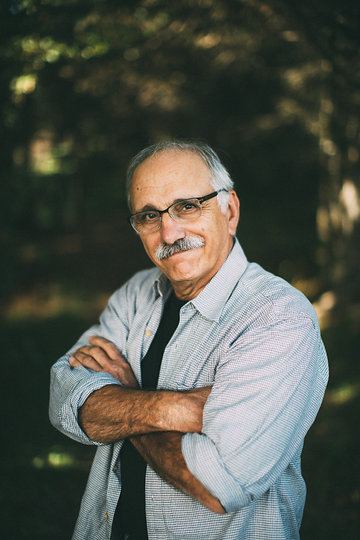
In 1967, at promising age of eighteen, I flunked out of college, got married, and started having children. For the next forty-five years, I did manual labor to put food on the table; sandblasting chemical tanks, hanging commercial wall coverings, climbing scaffolding or ladders every day of my life. Read more>>
Karen Abate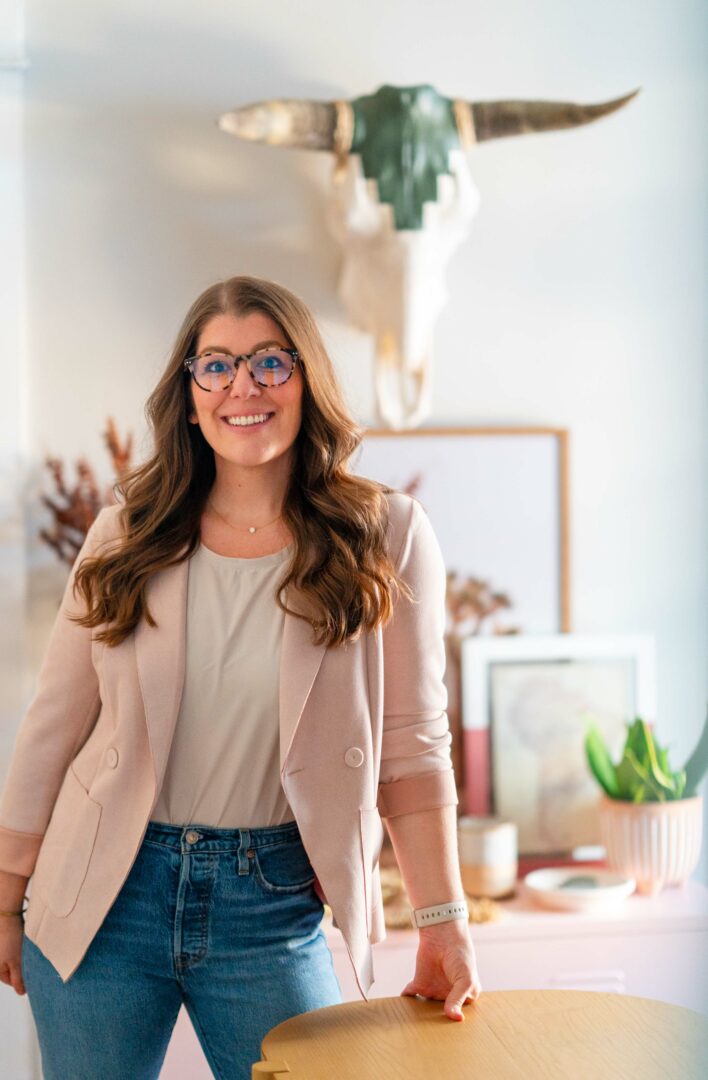
I’m not sure you ever completely “overcome” imposter syndrome, but with age I have learned to appreciate my skill set for it’s uniqueness. I realized relatively quickly in starting my own business that I am qualified to be in “the room” and help guide my client’s through the interior design process. As females, we love to underestimate our talents, and assume “everyone can do it” but my very first client helped me see that’s just not true. She was a successful accountant who knew numbers better than I ever would, but she could not see the difference between white and cream paint. So there you have it, we all have our strengths! Read more>>
David-georges Renaud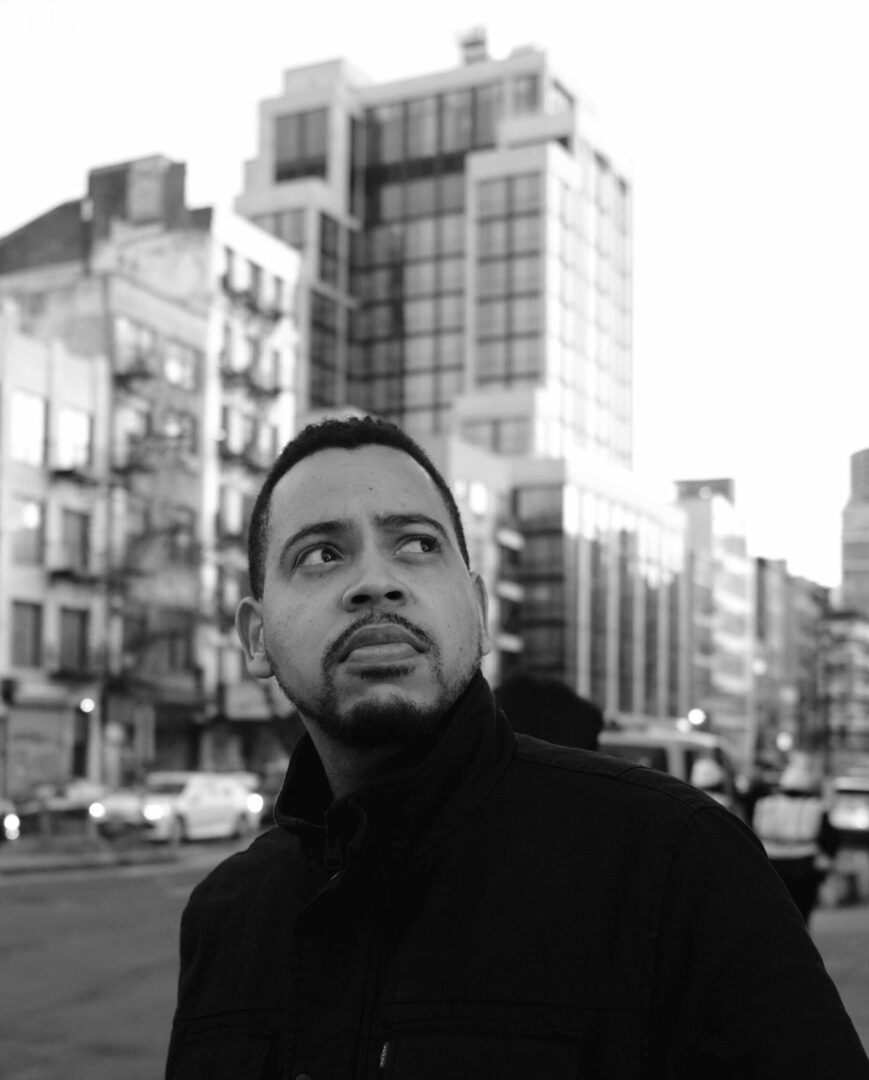
When I embarked on this journey to fully immerse myself in the art world as a filmmaker, I found doubt lurking around every corner. Imposter syndrome reared its ugly head, threatening to derail my aspirations, the prospect of sharing my work with the world was terrifying. The slightest criticism could have shattered my fragile confidence. Read more>>
Erika Barbour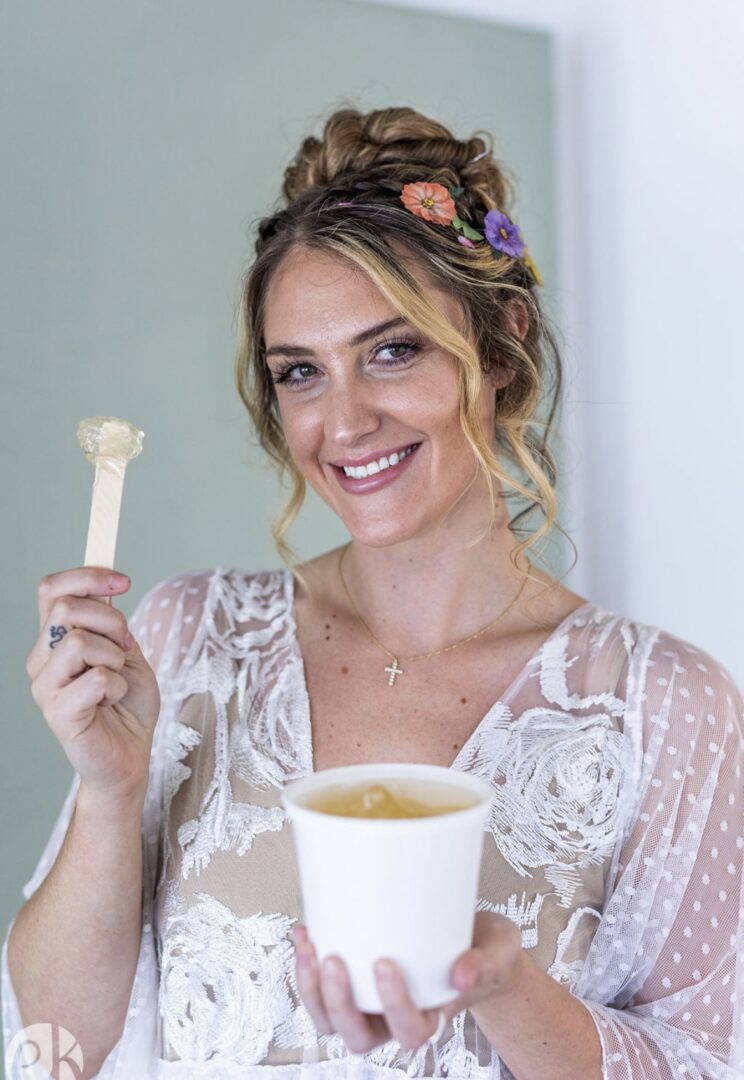
I have always been someone who has doubted my accomplishments and attributed them to luck or some eternal factor. This made me feel anxious and scared of being found out as a fraud. My mom would often call me a perfectionist and say that I was too hard on myself. But I secretly thought that was a good thing… how else am I gonna get ahead? Then as an athlete, my coaches noticed this tendency in me in college. While other girls watched and studied film of their mistakes, my coach had me watch highlight reels of myself of every time I made the play. She wanted me to see the value in myself that she saw in me. It helped and I thought I had gotten rid of this part of me. But when I opened my business, I started noticing that nothing ever felt good enough. Even when I had massive success, I thought it was an accident. Read more>>
Jason Reiser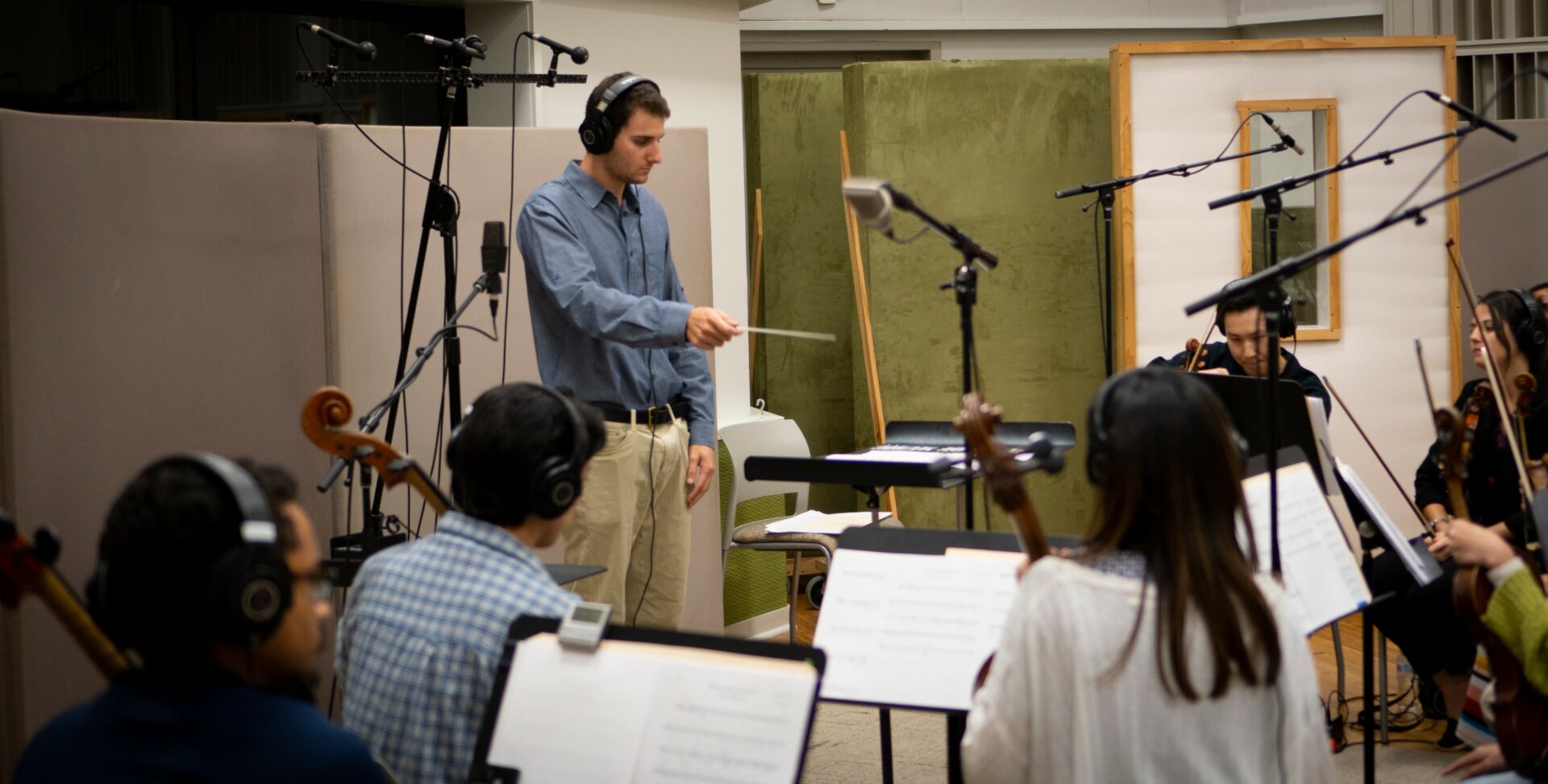
It can be easy to feel imposter syndrome as opportunities start to appear in your career. One mantra that always helps me overcome this feeling is Teddy Roosevelt’s quote “comparison is the thief of joy.” No matter the skill you possess, there will always be someone who is better than you, or somebody who seems to have an endless wealth of different skills. While it is important to always be humble and accept this fact, you have to trust in your own ability as well, and trust that you are meant to be in the position you find yourself. I have trust in my education, trust in my 10,000+ hours of practice, and trust in my peers/superiors who believe in me and have chosen to rely on my decision-making. Read more>>
Aaliyah Rodriguez
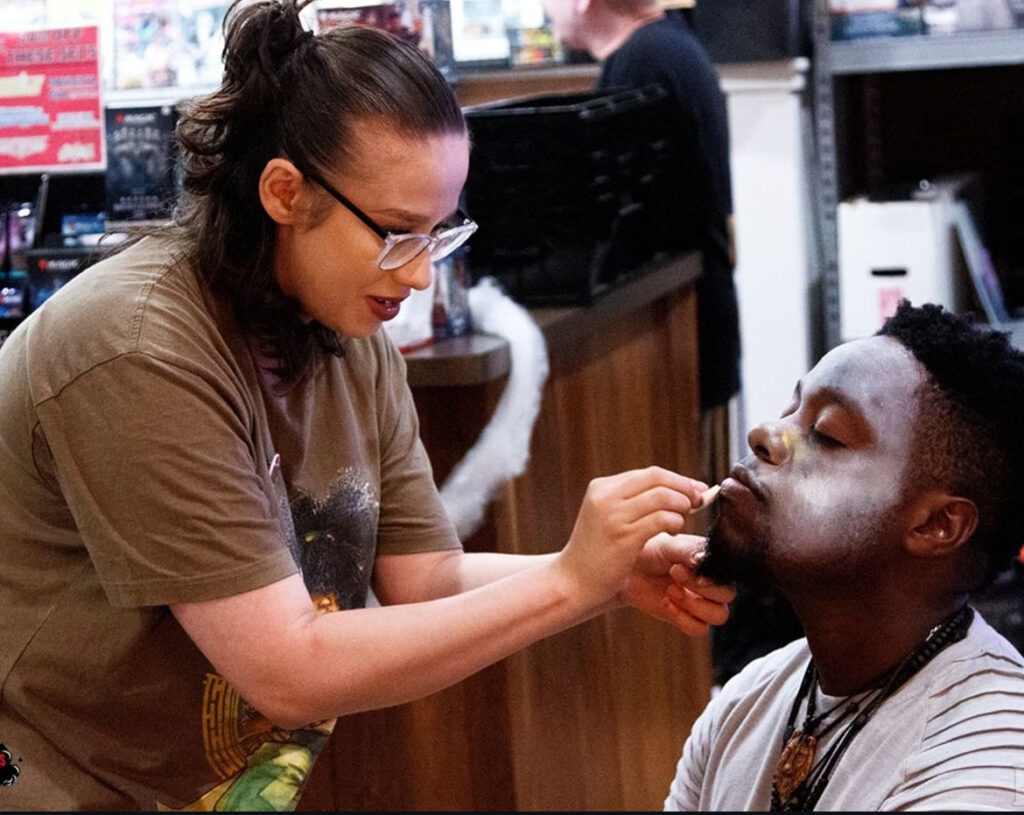
I really had to sit back and jot down what I have done in the past 4 years . It turns out that not a lot of makeup artist in the first year went to actual NYFW or even worked with celebrities or even open up a cosmetics line. So I asked myself why you keep doubting yourself why you feel you are not good enough in the industry… and the answer was really “ I don’t know” like seriously I couldn’t give myself a legitimate reason on to why I felt that way after jotting down what I’ve done. Read more>>
Brianna Perry
I think imposter syndrome is something I’ll continuously work to overcome. It’s our brain’s way of trying to ‘keep us safe,’ which really just means we’re stepping outside our comfort zone — and that’s a GOOD thing! Every business I’ve started, I’ve started scared. But my passion always trumped the fear. Read more>>
Daria Troshkina
I think it’s been easier for me to manage my creativity, but I haven’t completely overcome the imposter syndrome. The most important thing is to understand that you have it. Not everyone realizes this. On my way, weekly work with a psychologist helps me. Read more>>
Noah Neko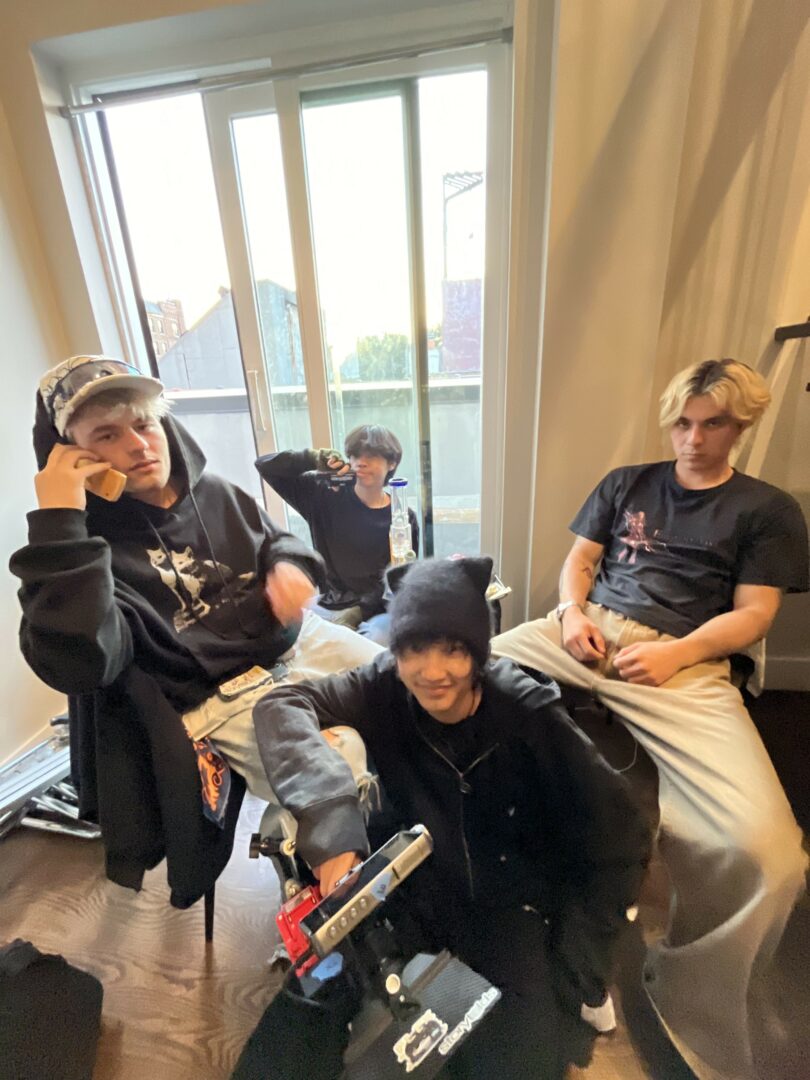
I like this question because I know a lot of creatives struggle with imposter syndrome, and it’s something I’ve dealt with as well, especially being thrust into professional environments while still being young and inexperienced. My creative journey started when my best friend sold me his old camera and I joined his editing server. From the start, I was surrounded by the most talented and passionate people who were years of experience ahead of me (beetlex, brenxdan, PeeJ, 300hrtz). As I continued to pursue editing, I picked up videography, eventually shooting for Guntai9, a group of amazing artists whose music I used to have on repeat. As my career grew, the more I met incredible creatives and it felt like I was leagues behind them. Read more>>
Sean Makhuli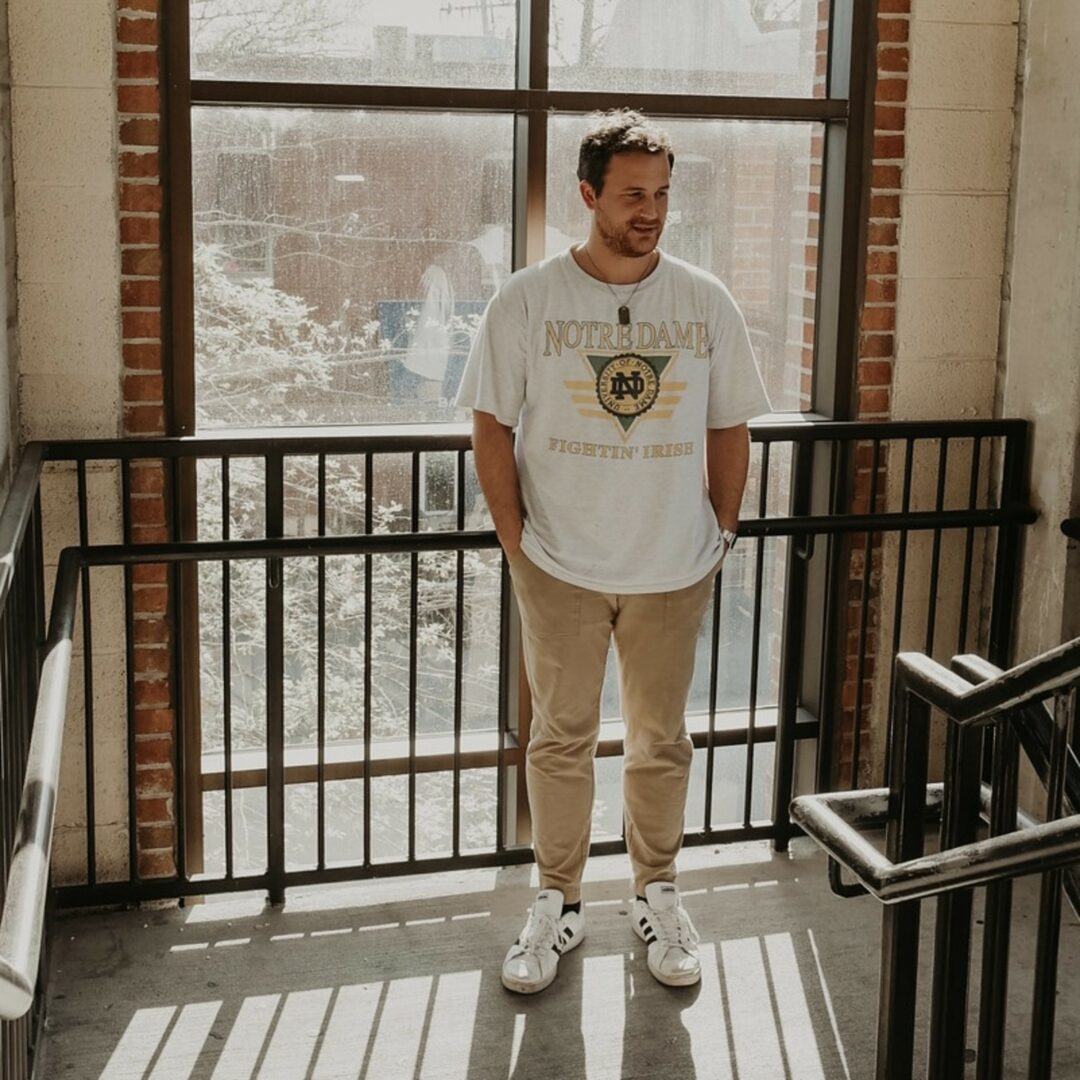
I don’t know if I could say I have “overcome’ but am definitely in the process of overcoming. Being a largely undiscovered artist it can be tough posting about your music. You have all of these voices telling you you’re not legit. Your music isn’t legit. Your face isn’t legit. You look frumpilicious, other people are putting out better stuff. You’re awkward on camera. The list goes on. But what I have found has helped me overcome imposter syndrome is a concept that Angela Duckworth describes as GRIT. A determination and focus on a goal, and a refusal to be discouraged or removed from reaching the objective in front of you. Read more>>
I.d. Marie
I don’t believe there is ever “overcoming” imposter syndrome. Its impact on your self-esteem and confidence in your work ebbs and flows. Some days, you feel at the top of the world; other days, you feel like you don’t belong at the table you’ve found yourself at. Personally, I’ve come to accept that imposter syndrome is a fact of life. When I feel those feelings of inadequacy, I leave space for those emotions, knowing the feeling will pass. At the end of the day, I’ve taught myself the mantra that all my accomplishments cannot be “by chance” and have found an appreciation for imposter syndrome to keep me grounded and hungry for more. Read more>>
Veronica Labretta
Impostor syndrome affects many actors but also voice actors. I come from Italy, a country where society raises you with limiting thoughts. When I made the decision to do this job in America I told myself that it would be different from Italy. Being an actress in America meant sharing castings and events with people who for me were on a pedestal and I was the actress who arrived. So I started working with my self concept, I removed everyone from the pedestal and put myself on it.
How can this be done? We start from the assumption that all people are the same, they have interests, hobbies, a job and they need to be loved. Read more>>
Jeff Rivera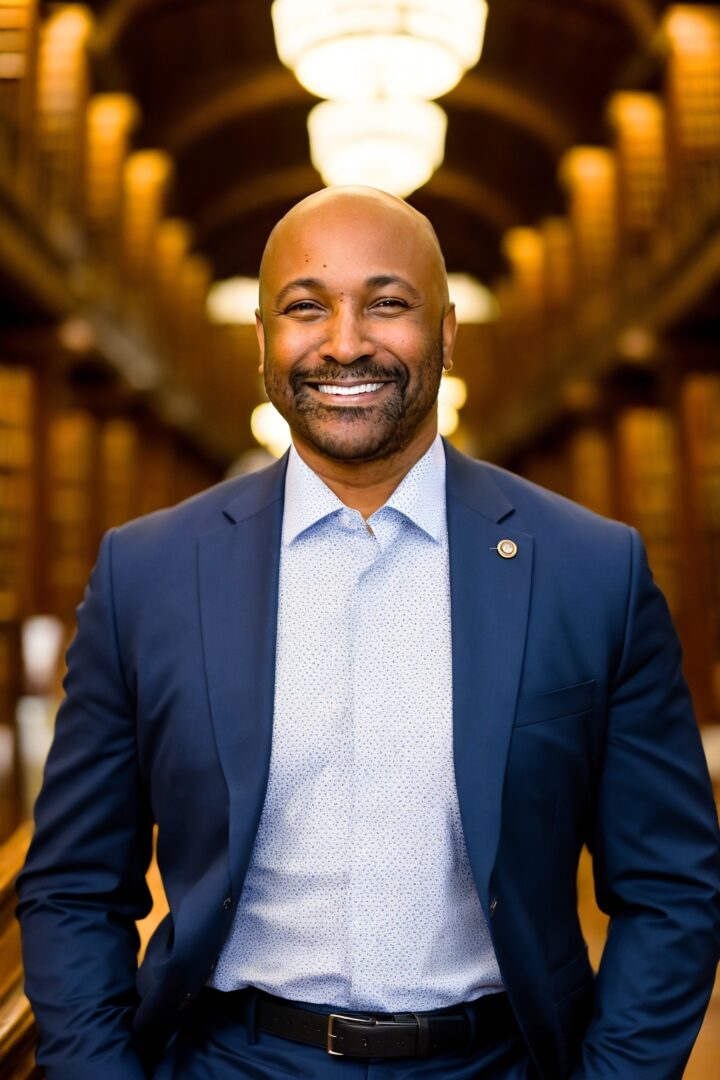
Overcoming imposter syndrome for me happened when I started working closely with A-list talent—both in front of and behind the camera. During the pandemic, we were all leveled out. There were no red carpets or flashy premieres, just people—human beings—working on their craft. I got to see rough drafts from renowned storytellers and producers, and the surprising thing was, their first attempts weren’t perfect. In some cases, they weren’t better than mine. Read more>>
Mark Shevetone
I think that feeling like an imposter is something that everyone feels to some degree. I guess as I got farther into my art journey it became more about impressing myself and enjoying the process. Feeling like I didn’t belong slowly started to fade away. The more truthful I was with my art, the more I started to feel right at home. Read more>>
Jmar Panther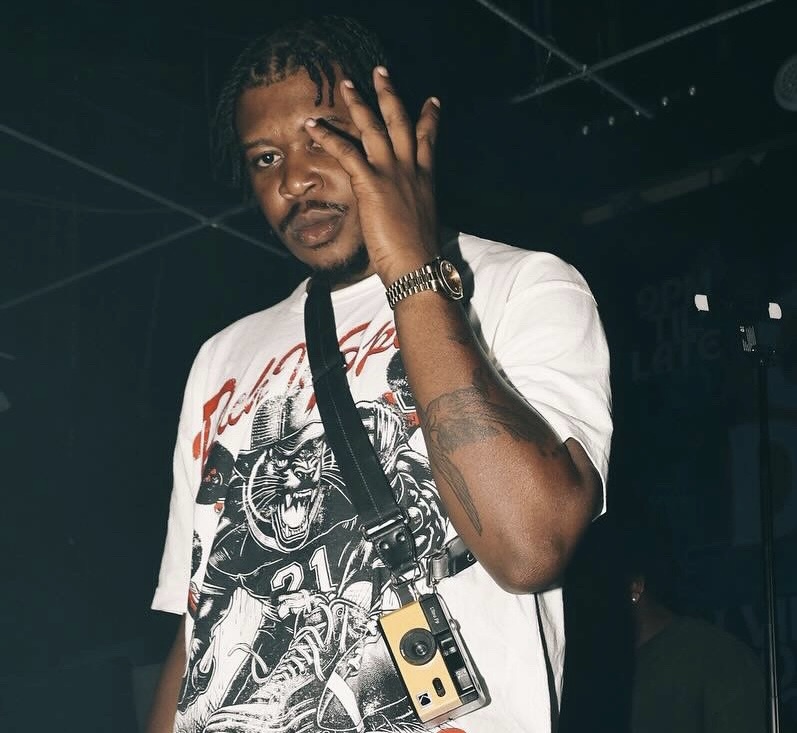
Great question. I haven’t fully overcame imposter syndrome but I believe it is something every creative goes through. Every now & then imposter syndrome hits like a train, I wonder if what I’m doing is enough & will it make an impact. But I believe in myself, I often look back at my work for some relief, It’s lets me know I’m going the right direction & not to stop. I am the biggest. Read more>>
Ingrid Kapteyn
I find that I feel free and grounded to stand by and for my work when I have created it in collaboration with people I trust. When we have continued to show up to process with enough persistence and openness for the work to take on an identity of its own, the idea starts telling us what it needs instead of the other way around. We transition from pushing the boulder up the hill to running down the hill after it, trying to keep up with it. Read more>>
Matt De Reno
Imposter syndrome is something I’ve battled throughout my career. That nagging feeling of self-doubt and the fear that you’re not truly deserving of your accomplishments can be crippling. But I’ve come to learn a perspective that has helped me, and I believe it can help you too. One of the most liberating realizations I’ve had is that people are just people. Whether it’s the CEO of a Fortune 500 company or a renowned entrepreneur, they are fundamentally no different than you or me. They’ve experienced self-doubt, faced failures, and questioned their worth. Read more>>
Kane Bailey
I think everyone struggles with imposter syndrome in their day to lives. We get so focused on trying to fit in and keep up with everyone, we can forget to actually be ourselves. Sometimes when filming videos I have to remind myself to turn off this fake “entertaining YouTube voice”, and start talking like Kane Bailey instead of Mr Beast. Read more>>
Julie Schniers
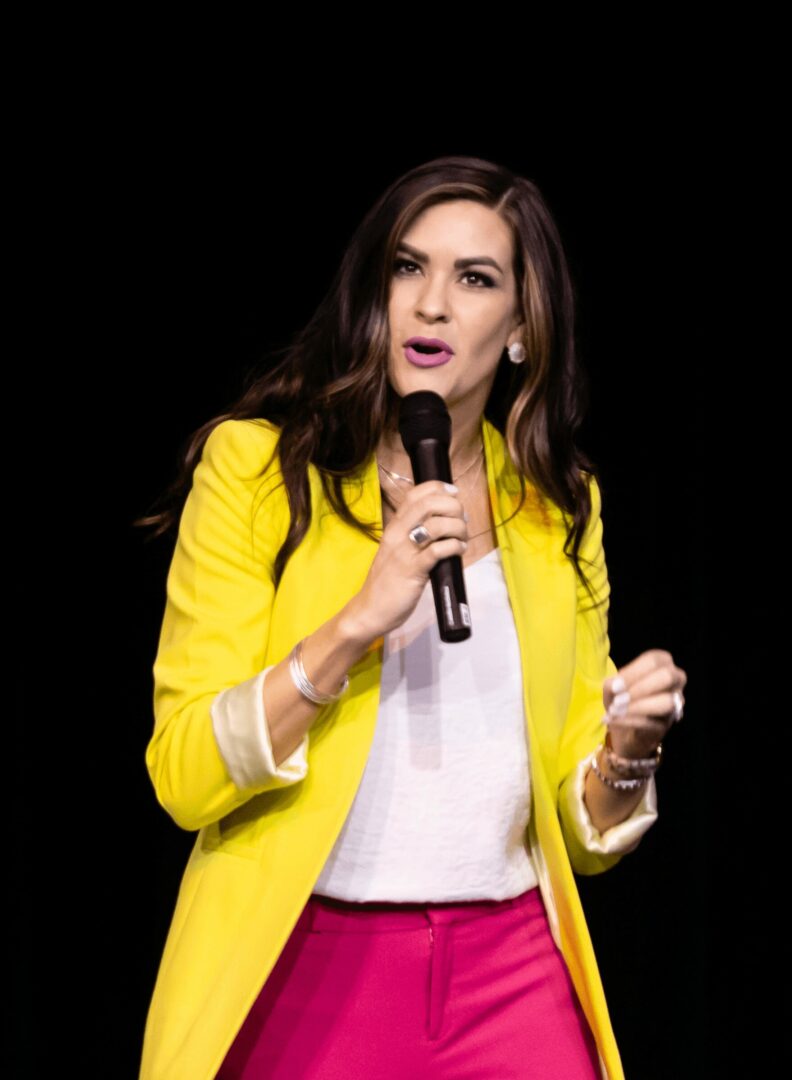
I would be lying if I said, “I have overcome my imposter syndrome.” That’s something I will continually work on, but I am sure the words “imposter syndrome” caught your eye because you too get it. A moment that I realized I had fed my own imposter syndrome is when I was writing a keynote for a group of college freshman women. I was thinking about what had helped me power through when I was met with challenges. The phrase “fake it until you make it” popped into my head and I had to sit with it a second. Read more>









